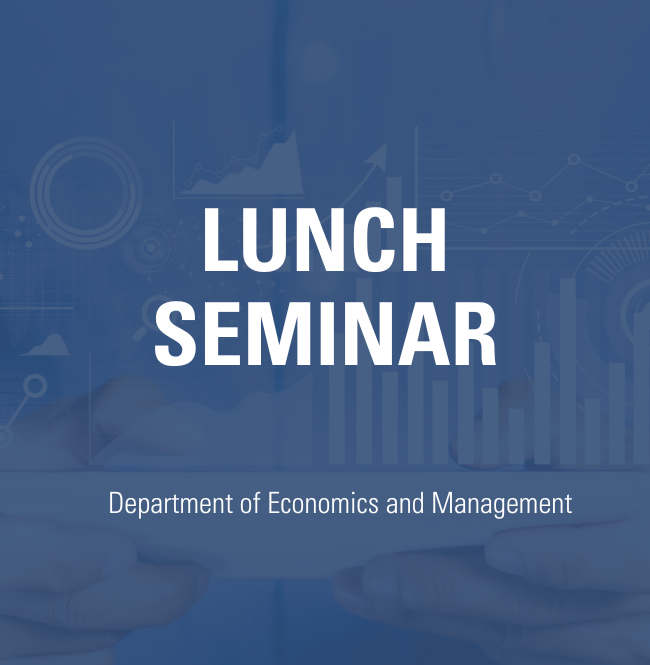Green Product VS Green Process Innovations: The Trade Secret’s Gap
Abstract
Fighting climate change is one of the most urgent challenges of humankind. To reduce industrial emissions, we need to foster clean energy and reduce emissions, which requires technological innovation. A significant part of emission reductions is the result of improved production processes and methods, and technological spillovers (e.g., from firms adopting innovators’ new developments) can accelerate the transition to greener technologies. However, because process innovations are less visible than product innovations, patenting is less attractive because of difficulties enforcing the patents. This makes process innovation more prone to be kept secret. The likely prevalence of this differential patenting propensities also for green technologies could lead to a slower, costlier, and inefficient sustainability transition, forcing duplication of innovation efforts. Using a Change-in-Changes approach, we scrutinize the differential impact of two energy price shocks (1979, 1990) over the different quantiles of USPTO patent values for green process and green product patents compared to similar control group ones. We find that oil shocks monotonically increased the value of green product and process patents with their patent value. Conversely, we find an inverted U-shaped pattern for green process innovations versus green product innovations. Our results support the hypothesis that mid-high value green process innovations might not be patented but kept secret.
About Albert Roger
Albert Roger is applied economist, currently a Senior Research Fellow at the Max Planck Institute for Innovation and Competition in Munich. He works mostly empirically studying environmental and innovation economics using methods from empirical industrial organization and quasi-experimental approaches. His research agenda is divided into two main areas. The first focuses on the role of technology-related incentives provided by environmental regulation, and the second on the patent system’s role in the sustainability transition. He did his PhD at the University of Heidelberg while working at ZEW. After his bachelor’s and master’s in chemical engineering and sustainable energy systems, he worked in climate policy for the German Development Agency (GIZ), mainly on the Montreal Protocol.
Language
English
This is a free seminar. Registration is mandatory
